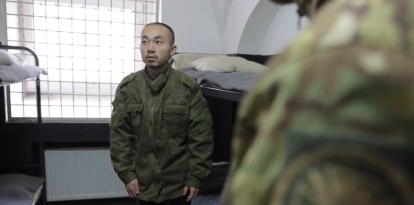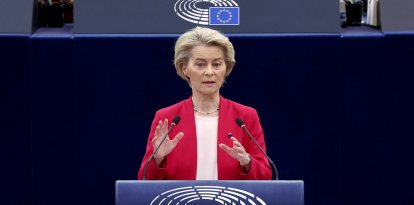Argentine court blocks Javier Milei's labor reform, must now pass through Congress
According to the ruling from the National Chamber of Labor Appeals, the president's deregulatory order is "unconstitutional," in line with the proposal from a powerful local union.

Javier Milei, candidato a presidente de Argentina. (Cordon Press)
An Argentine court ruled Javier Milei's labor reform unconstitutional. After the initial appeal for protection at the beginning of January, the National Chamber of Labor Appeals rejected the government's appeal, understanding that there was no need to include said initiatives in the decree, since they needed to pass through Congress. The issue is expected to go to the Argentine Supreme Court. The reforms were aimed to make the labor market more flexible in the South American country.
The Argentine president decided to include his labor policies in the deregulatory decree and not in the mega-law that he later sent to legislators in extraordinary sessions. For this reason, not due to the content of the legislation itself, the court rejected it.
According to the ruling, signed by Manuel Diez Selva, Héctor Guisado and Mario Fera, what is unconstitutional is the fact that it was included in the aforementioned order, given that the judges understood that Congress could be convened and that there was no "urgency" in approving this type of measures by executive order. Therefore, the Milei administration may try to do so through legislative means or go directly to the country's highest court.
"There was no impediment to the meeting of the chambers of Congress, and even on December 27, 2023, that is, prior to the date of entry into force of DNU 70/2023, the legislative body was convened, in office, and with the power to examine the content of the reforms promoted in said DNU," the judges expressed.
“The recitals of said DNU themselves translate, at least with regard to labor matters, that the 'need' to adopt such numerous measures is not objectively evident, and that, although this could hypothetically be justified in generic references to 'a proven fact,' the legally relevant truth is that there is no indication that what is alleged constitute reasons of 'urgency' to avoid the due intervention of the Legislative Branch regarding the substantive legislation, especially when several of the regulations that the National Executive Branch intends to modify without giving intervention to the legislators are repressive or sanctioning in nature, to the point that they have been included as integrative of criminal labor law, qualified as 'anti-evasion laws,'” they added.
The reforms were aimed at "modernizing" the Argentine labor market and were included in the Decree of Emergency Need (DNU) that was signed in December to deregulate the country's economy, until then classified as one of the most repressed in the world according to the Heritage Foundation.
However, on Jan. 3, an Argentine court endorsed a precautionary measure presented by the General Confederation of Labor (CGT), a powerful local union, which had requested that the application of the labor standards included in the aforementioned decree be suspended.
Although the government appealed the decision, this new ruling by Judges Selva, Guisado and Vera rejected said appeal.
RECOMMENDATION




















